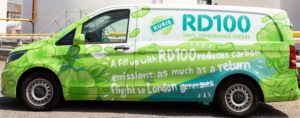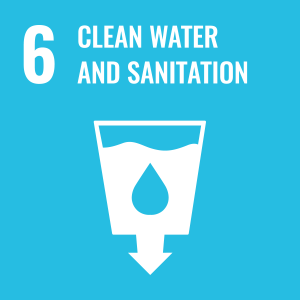
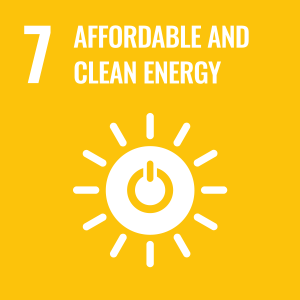
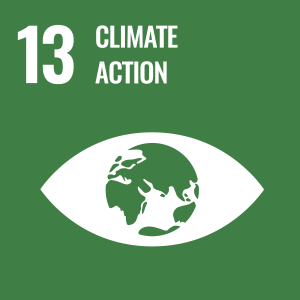
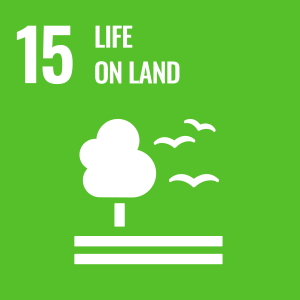
Aware of the challenges facing its sector in terms of energy transition, Rubis Energie is committed to combating climate change by focusing its activity primarily in 3 axes.
Rubis Energie is implementing its action plan by setting a 30% reduction target between 2019 and 2030, methodically targeting all its energy consumption.
The 2030 emissions reduction target applies to Scopes 1 (our direct emissions: generation and transport) and 2 (our indirect emissions related to energy consumption: mainly electricity consumption).
The aim will be to reduce our need for fossil fuels as much as possible by:
Download the Bilan Carbone presentation and the reduction targets

By continuing to develop energy transition solutions through energy savings and by promoting the use of low-carbon energies (solar energy, advanced biofuels, decarbonised hydrogen etc.) by its customers.
Rubis Energie assists in the deployment of information, training and innovation programmes in favour of energy demand management or the reduction of fuel poverty in order to obtain Energy Savings Certificates (EEC). We actively participate in the following programmes, defined by orders of the Minister of Energy:
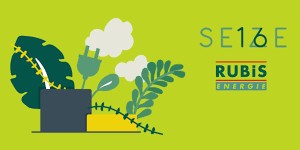


Our subsidiary SARA, the leader in energy transition in the West Indies and French Guiana, has invested sustainably in decarbonised energies:
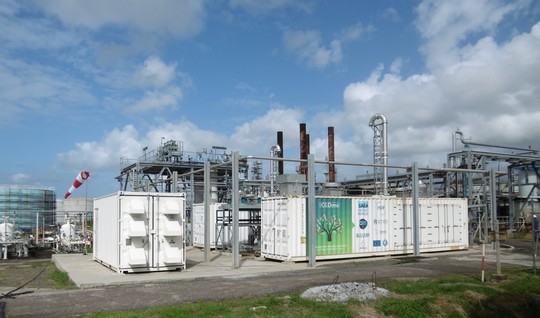
In Martinique
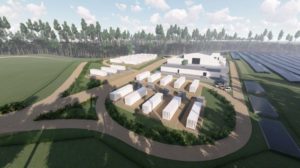
Project in French Guiana
In addition to reducing CO2 emissions, each project carried out in these French Departments of America (DFA) aims to develop employment and skills at all levels. SARA is also one of the main contributors to the emergence of techniques and companies tackling the problem of sargassum, chlordecone.
